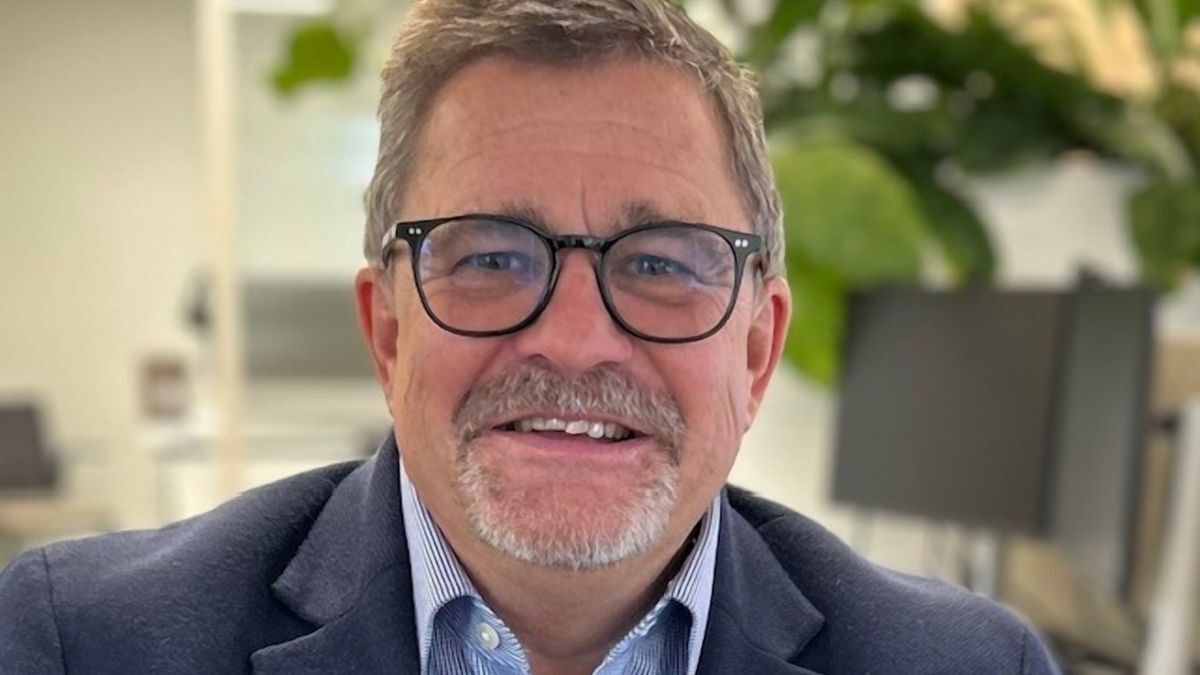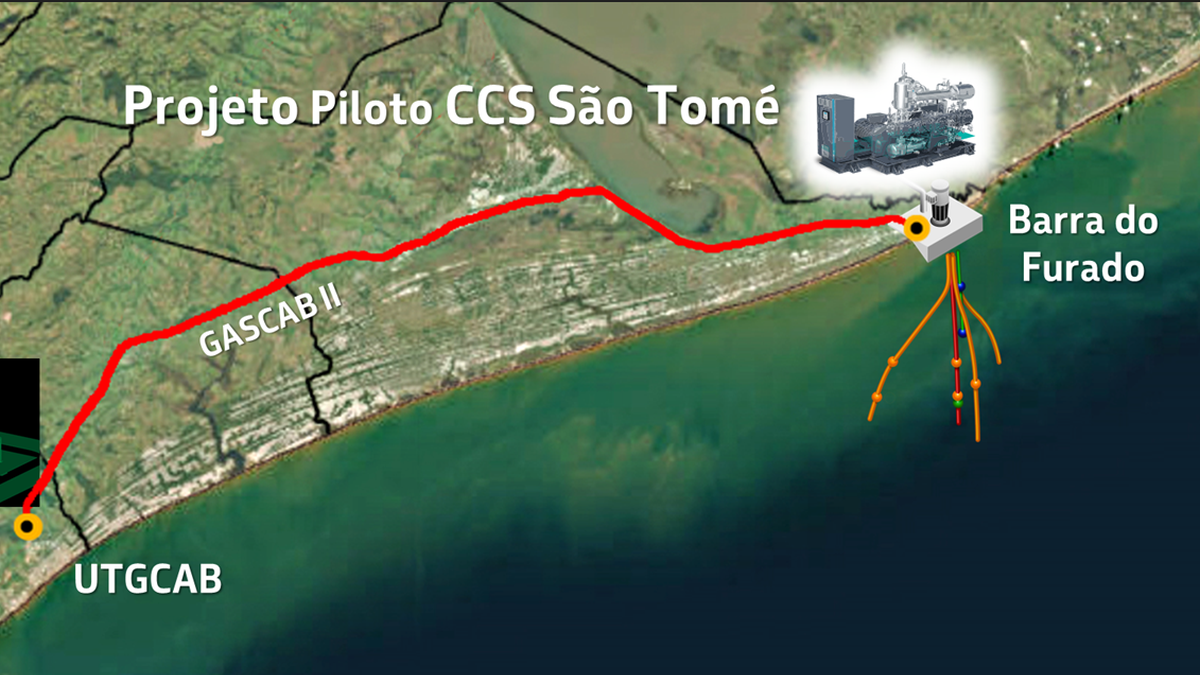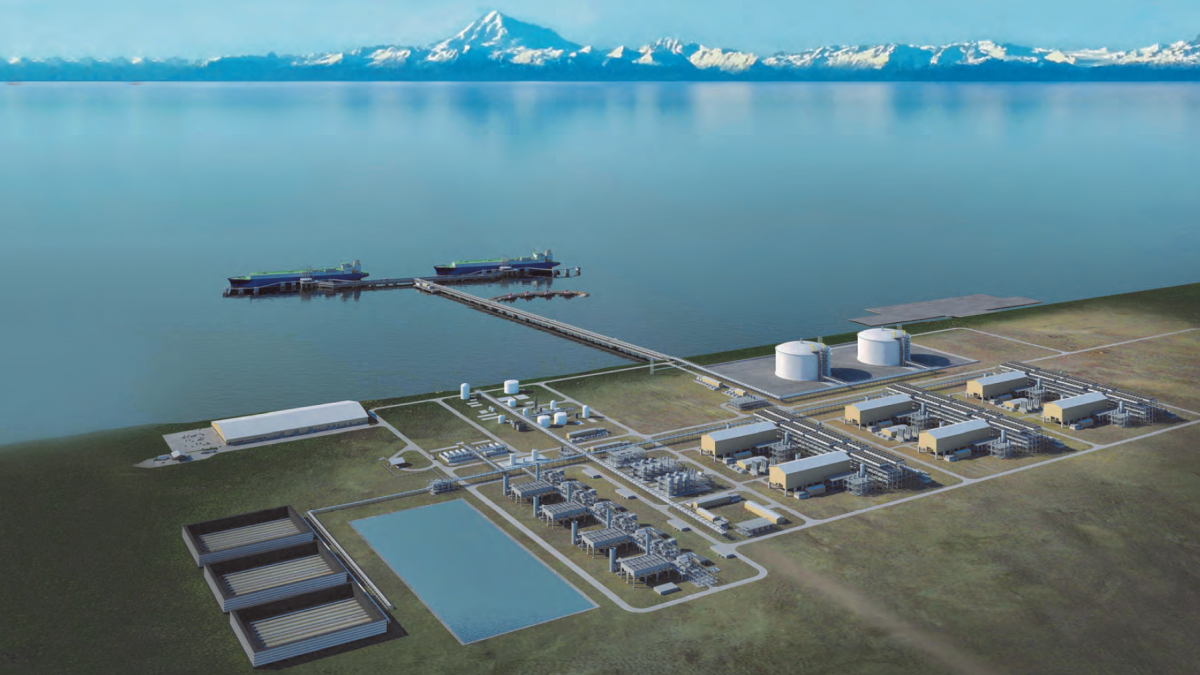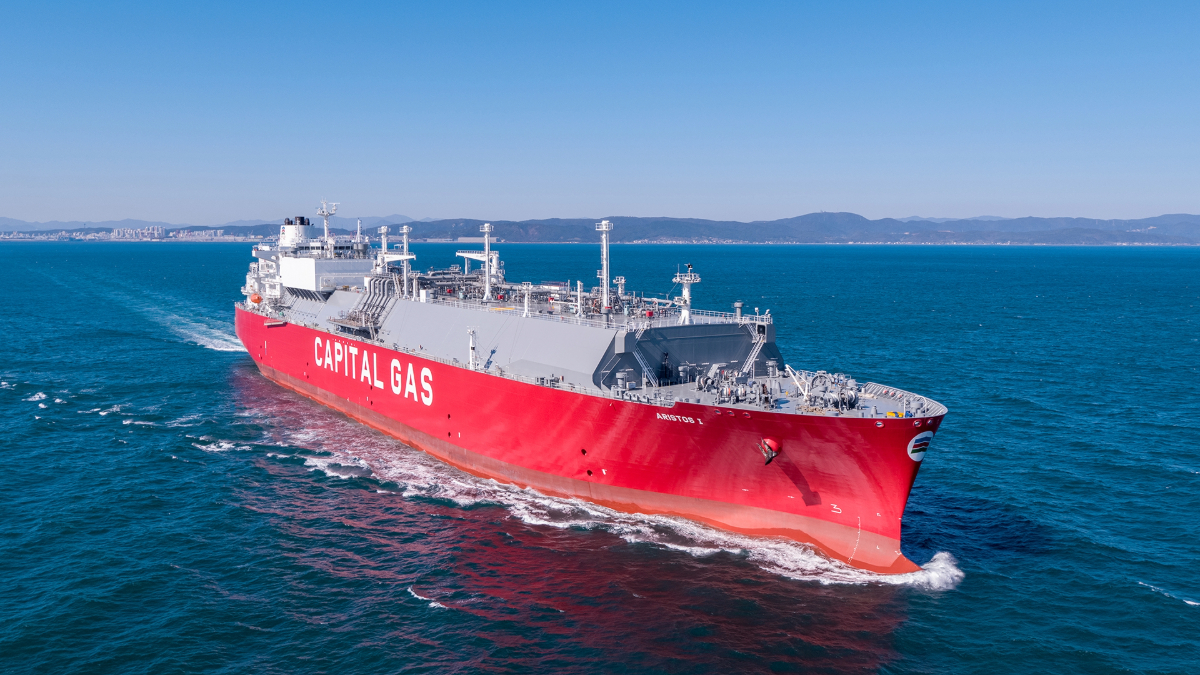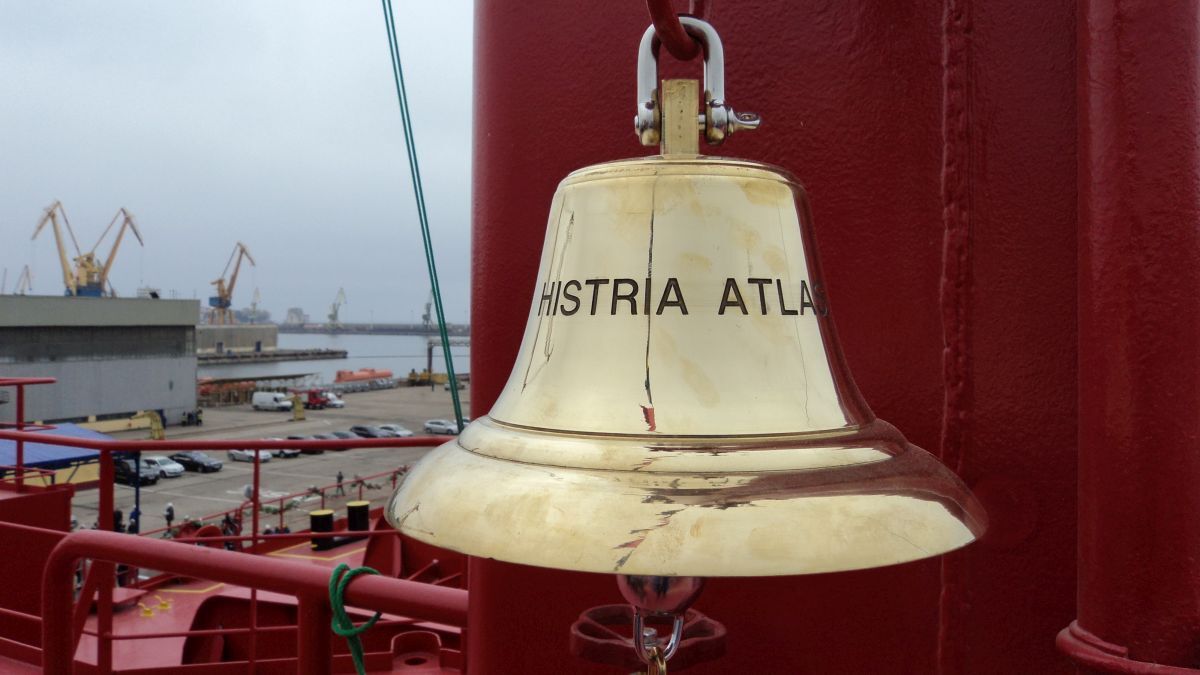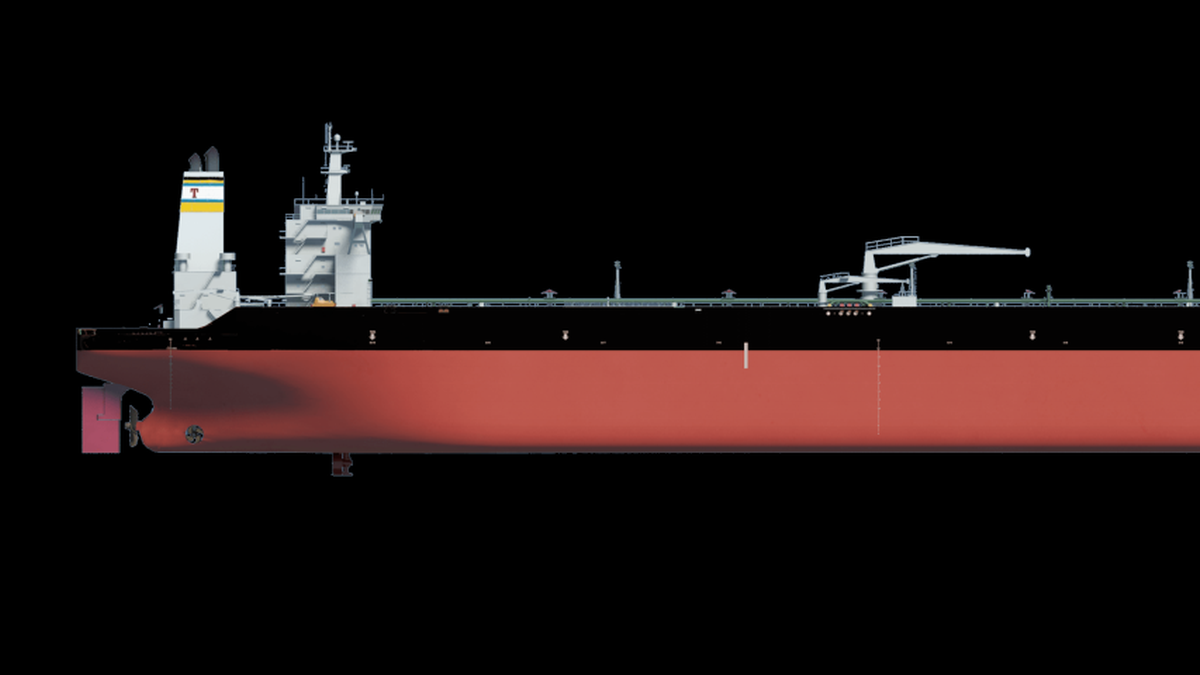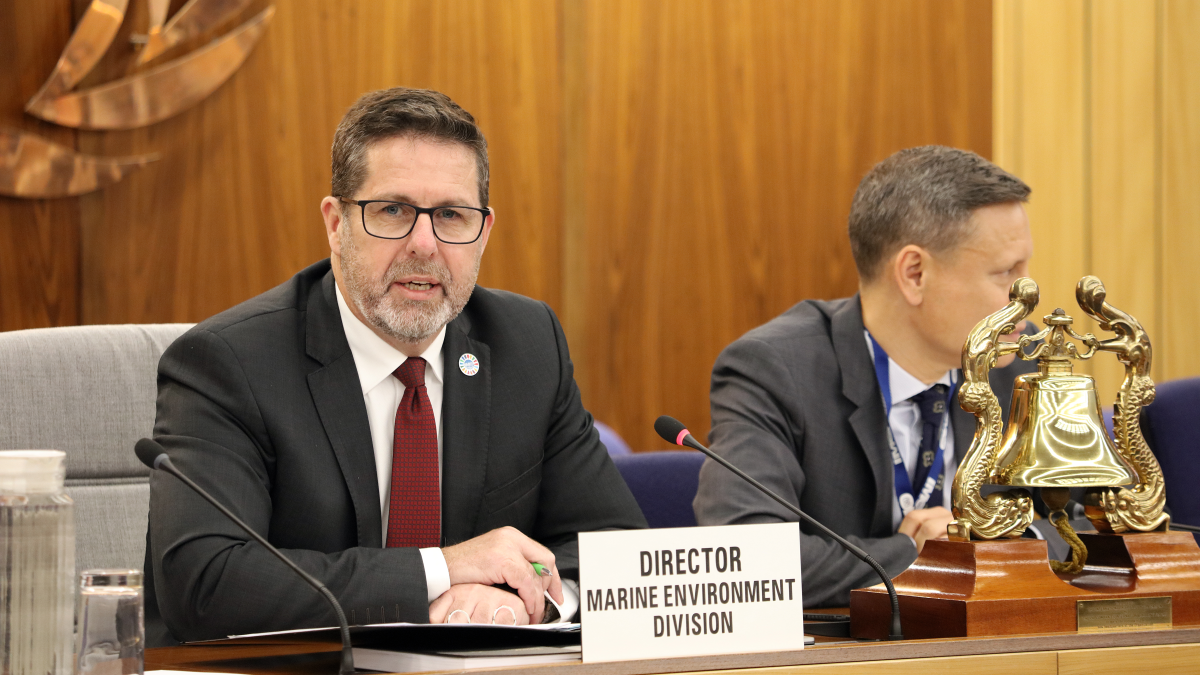Business Sectors
Contents
Register to read more articles.
Breaking the investment deadlock for UK non-pipeline CO2 transport
The transition from government-backed carbon capture projects to commercially viable merchant models stands as one of the most significant challenges to the UK’s net-zero ambitions
On 17 June, head of stores development at Veri Energy, Chris Armes, will join business development manager at Navigator Gas, Nina Lynn, to discuss the unique commercial and regulatory hurdles facing UK non-pipeline transport (NPT) for CCUS at Riviera’s CO2 Shipping and Terminals Conference in London.
Currently, the Track project model offers government revenue support and risk coverage that merchant developers cannot access, creating a fundamental investment gap. Under merchant arrangements, developers must shoulder volume risks, technical uncertainties, and reservoir performance variables – risks that government backing previously helped to mitigate. This shift in risk allocation demands unprecedented clarity in both regulatory frameworks and financing structures.
The sector is currently paralysed by inconsistent government signals regarding long-term carbon storage policy. Mr Armes will explain how regulatory uncertainty forces investors to adopt a wait-and-see approach, bringing project development to what he describes as “a painfully slow halt.” The discussion will examine the need for government backstops and alternative financing mechanisms to address cross-chain risks in emerging markets.
The session will explore how CO2 shipping projects differ fundamentally from pipeline infrastructure, considering dispersed emitter locations, adapted port requirements, and the implications of UK-EU ETS linkage. Drawing on insights such as the Blue Streak-Uniper feasibility study, the discussion will shed light on the complexities of developing integrated value chains from emitter to final delivery.
At present, the cost of carbon capture technology remains prohibitively high for unsubsidised commercial deployment. Mr Armes will discuss the government support mechanisms required for emitters during this transitional period, particularly for industrial sectors facing immediate decarbonisation pressures. Biogenic CO2 sources may also require different contractual approaches compared with traditional industrial emitters.
The evolution from emitter-led, point-to-point projects towards store-led aggregator models promises easier access to project funding through risk diversification and economies of scale. The spotlight interview will examine the associated banking challenges and the sophisticated risk allocation frameworks needed, including pressure management through intermediate storage infrastructure and tank material considerations for commercial viability.
Mr Armes will present key predictions for 2030–2035, including expectations for realistic carbon pricing through ETS development, technology cost reductions enabling market self-sufficiency, and the imperative for collaborative rather than siloed industry approaches. He anticipates growing global uncertainty, requiring adaptive strategies, while maintaining the ethical imperative for carbon storage solutions.
The discussion promises practical insights into the financing structures, regulatory requirements, and operational frameworks essential for transforming carbon storage from government-supported demonstration projects into commercially sustainable industrial infrastructure. With expertise spanning storage development and gas transport logistics, the session will provide comprehensive coverage of the technical and commercial challenges facing UK non-pipeline transport for CCUS.
Riviera’s CO2 Shipping & Terminals Conference 2025 will be held in London on 17 June 2025. Use this link to register your interest and attend the event.
Related to this Story
Events
Offshore Wind Webinar Week
Maritime Decarbonisation, Europe: Conference, Awards & Exhibition 2025
Offshore Support Journal Conference, Americas 2025
© 2024 Riviera Maritime Media Ltd.


